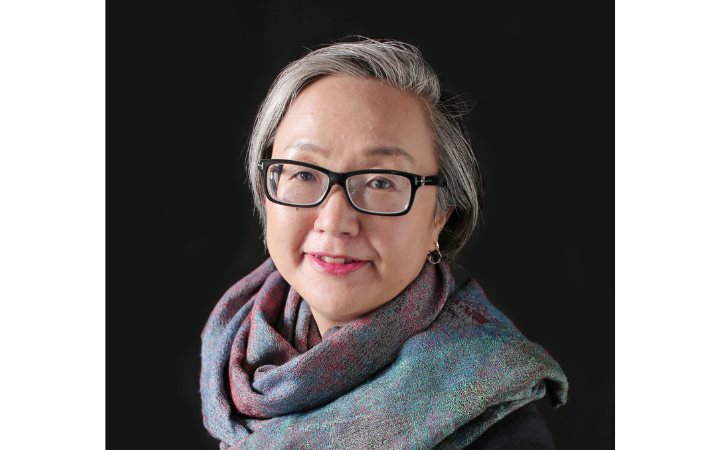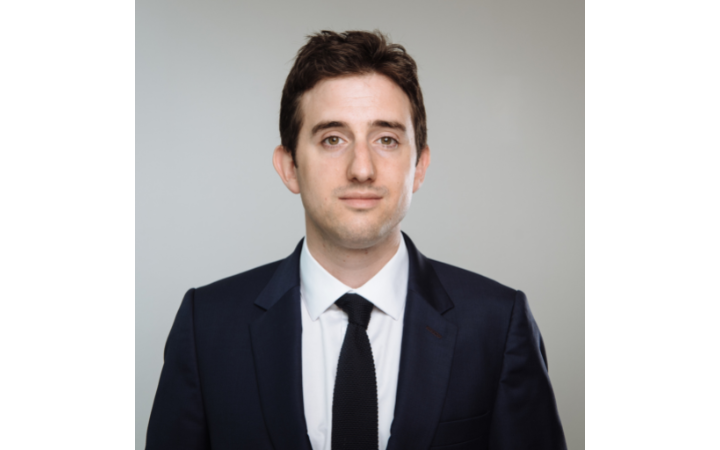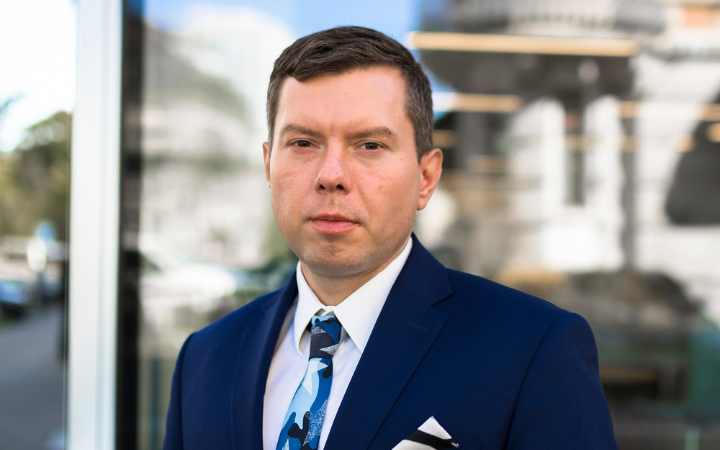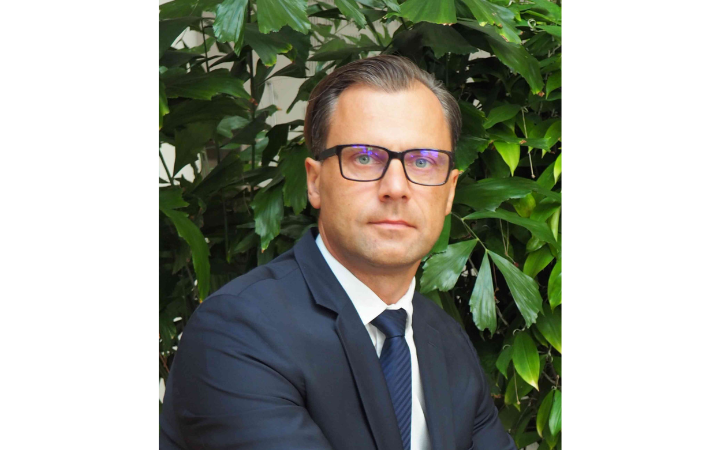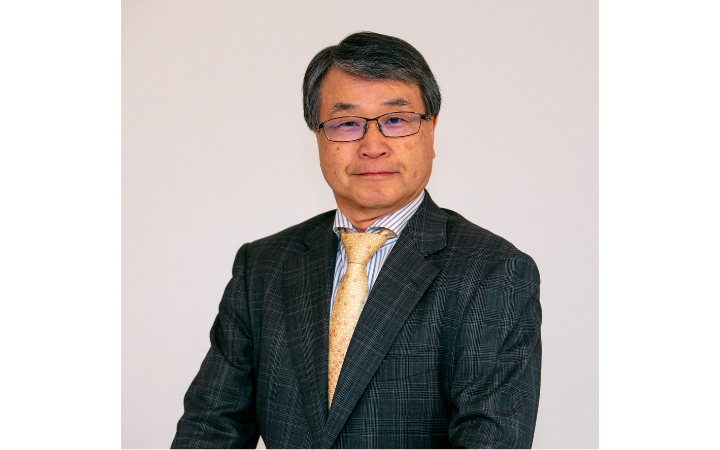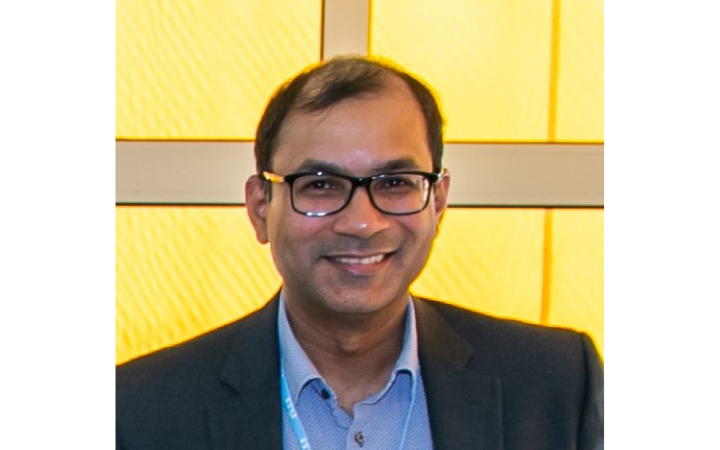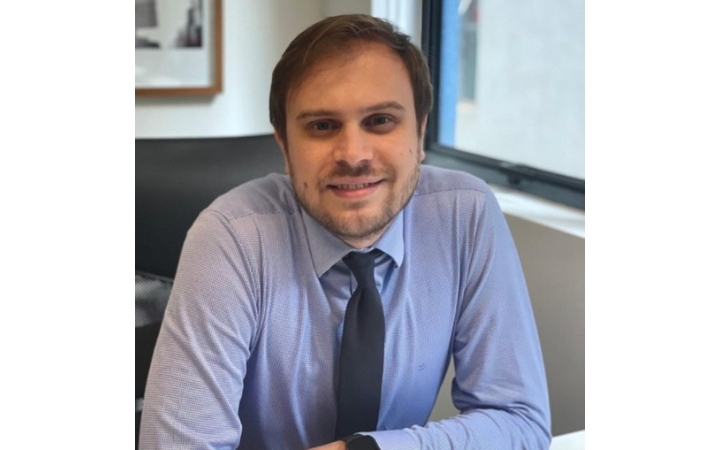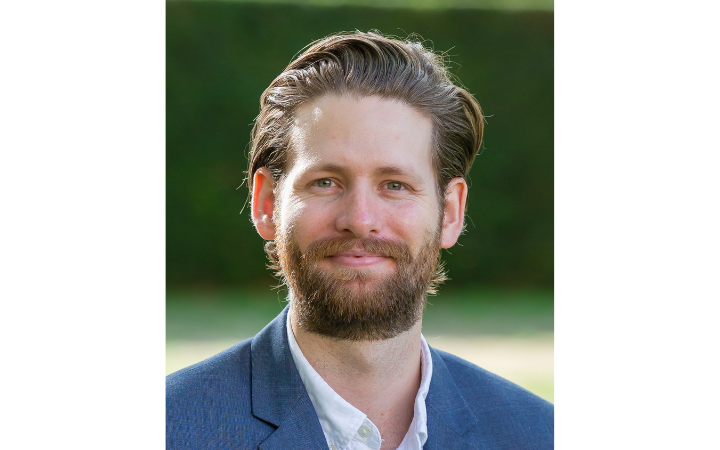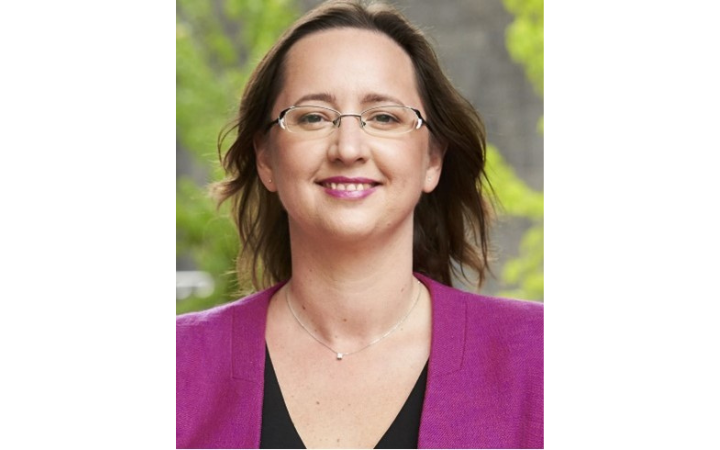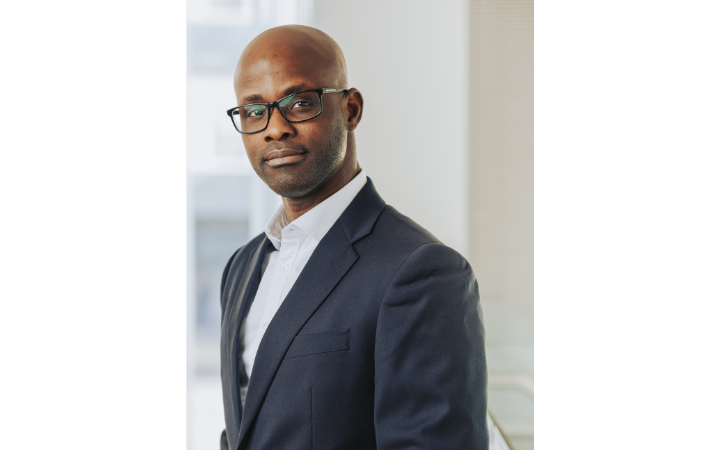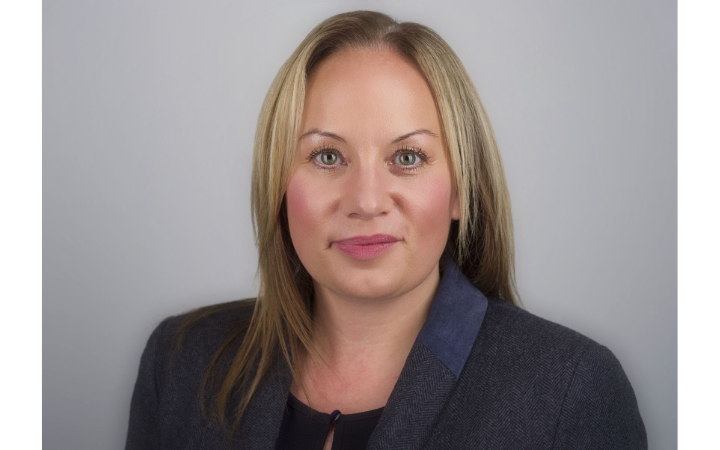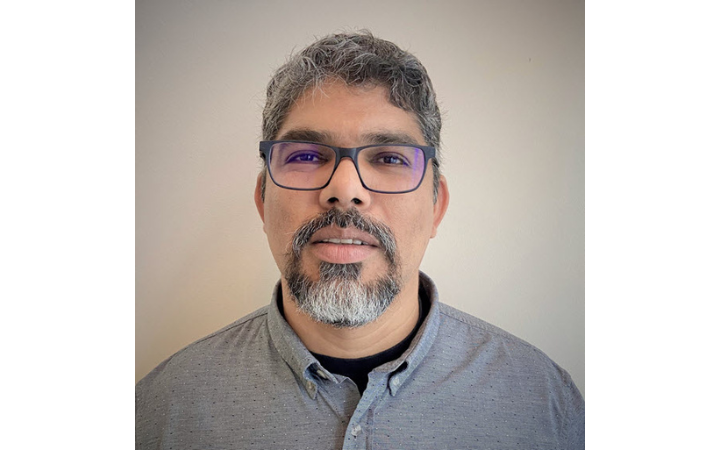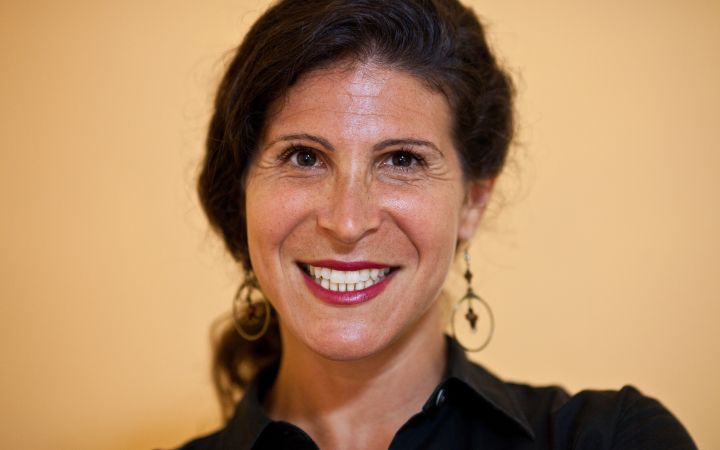デロイト、ジョージメイソン大学、世界経済フォーラム、国連環境計画、ケンブリッジ代替金融センター、EthicHub、グリフィス大学から専門的なパネリストをお招きし、開発実践におけるフィンテック、フィンテックとサイバーセキュリティ、フィンテックとエコロジーの3つのテーマに焦点を当て、SDGs達成に向けたフィンテックの活用について議論をしていきます。
参加を希望される場合は、下記URLより事前登録をお願いいたします。https://event.unitar.org/full-catalog/fintech-ecosystem-leveraging-its-impact-economy-and-climate-change
【 開催概要 】
日時:2023年3月20日(月)午前9時~午後1時(ジュネーヴ時間)/午後5時~9時(日本時間)
参加費:無料
視聴方法:オンライン(英語のみ)
以下詳細については、英文のみとなります。
Agenda
9:30-10:30 CET - パネル1:開発実践におけるフィンテック
The world bank suggests that countries with more developed financial systems can achieve a high economic growth as well as reductions in poverty and income inequality. With two thirds of the adult population in the developing world lacking access to financial services, it is crucial to be probe into ways to provide access to these services. This panel brings together leading FinTech innovators and experts to share their knowledge about best practices, the latest innovations, opportunities and challenges fintech offers for development practice. We reflect on the need to reduce digital inequalities and to scale financial inclusion. We will be discussing the following questions:
- What are the lessons learned and best practices for integrating fintech solutions in development practice?
- How can Fintech support the achievement of the Sustainable Development Goals?
- How can Fintech be leveraged to assist in development practice and assist in vulnerable communities?
Panel Speakers:
- Vijay Mauree, Programme Coordinator Digital Finance, International Telecommunication Union
- Jori Armbruster, Co-Founder, EthicHub
- Maciej Juklaniuk, Senior Manager, Deloitte Consulting AG
- Anne-Laure Mention, Director and Professor, Global Business Innovation Enabling Impact Platform, RMIT University
10:30-11:30 CET - パネル2:フィンテックにおけるセキュリティ上の懸念の緩和
FinTech, does not come without concerns, one such concern is security. For the Fintech ecosystem to function seamlessly, it is essential to understand and mitigate the security concerns associated with Fintech. This panel calls upon industry regulators to share best practice policies of how FinTech can be supported and regulated to assure security for all stakeholders. We will be discussing the following questions:
- What security concerns are associated with Fintech?
- How can different stakeholders respond/mitigate these concerns?
Panel Speakers:
- Seán Doyle, Lead, Centre for Cybersecurity, World Economic Forum
- Jean-Pierre Auffret, Director, Research Partnerships in the School of Business at George Mason University, USA
- Gbenga Ibikunle, Professor and Chair of Finance, University of Edinburgh Business School
- Sarah Armstrong-Smith, Chief Security Advisor, Microsoft
11:30-12:30 CET - パネル3:金融テクノロジーの生態学的影響
While technological advancements bring about easier access to financial services, there are some environmental concerns associated with the use of technologies. As the world grapples against the global climate crisis, renewing our commitment towards achieving inclusive and sustainable development is crucial. For example, as FinTech continues to grow, it is essential to understand the environmental impacts fintech has on society. This panel discusses how we can implement and utilize fintech in a sustainable and energy-neutral way. The questions we will ask include:
- What are the impacts of FinTech on energy consumption and Co2 emissions?
- Can Fintech help us achieve global goals to combat climate change?
Panel Speakers:
- Hunter Sims, Associate Director of Business & Operations, Cambridge Center for Alternative Finance (CCAF)
- Ivan Diaz-Rainey, Professor of Finance, Griffith University
- Romanas Savickas, Senior Energy Advisor, UNEP Copenhagen Climate Centre
- Andrei Covatariu, Co-Chair Digitalization in Energy Task Force, United Nations Economic Commission for Europe
Mihoko KUMAMOTO, Director, Division for Prosperity, United Nations Institute for Training and Research (UNITAR)
Ms. Mihoko Kumamoto has over 25 years of professional experience in the development cooperation field and has been with the United Nations for more than 20 years.
Ms. Kumamoto earned her Master’s in Economic Development at Columbia University. In 2001, she joined the United Nations Development Programme and served its Vietnam Country Office as a Junior Professional Officer. In 2003, she moved to the UNDP Headquarters in New York and led various signature programmes that promoted the capacity development of institutions and individuals, including climate change adaptation programmes.
Seán Doyle, Lead, Centre for Cybersecurity, World Economic Forum (WEF)
Seán Doyle is Lead at the World Economic Forum’s Centre for Cybersecurity and co-author of the Global Cybersecurity Outlook 2023. Seán was responsible for the Forum’s FinTech Cybersecurity Consortium, which operated from 2018-2020. From 2020-2022 he sat on the committees of the Cyber Risk Institute, a not-for-profit coalition of financial institutions and trade associations, where he focused on ensuring that cybersecurity assessments supported the secure integration of FinTechs into the wider financial system. Seán’s work facilitates public-private collaboration on intelligence sharing, cybersecurity regulations, industry standards, cyber capacity building, and cybersecurity skills programmes.
Maciej Juklaniuk, Senior Manager, Deloitte Consulting AG
Maciej is a Senior Manager in Deloitte’s Switzerland IT M&A practice. He has 15 years of comprehensive technology consulting experience in technology driven M&A engagements, mainly for financial services industry. Maciej has led a wide range of successful projects, delivered to a diversified set of clients (buyers, sellers, supervision authorities) covering end-to-end aspects of IT integrations and separations. He also specialises in sustainable IT M&A and start-ups.
Romanas Savickas, Senior Energy Advisor, UNEP Copenhagen Climate Centre
25 years of professional intercontinental experience in private, academic and public sectors in Climate, Energy Efficiency, Heating/Cooling, Low Carbon, Renewables, Buildings Efficiency Hydrogen, Digitalisation, and Technical/Policy assistance. Dr. Romanas Savickas is developing and managing Energy Efficiency and Climate Mitigation projects by collaborating with National / Local Governments to increase Energy Efficiency and reduce GHG emissions, creating, engaging and coordinating Public-Private-Academia Stakeholders groups. He also provides capacity building, training and other direct support to National and Local authorities, master planning, heating and cooling planning, identification of potential policy opportunities, including technical and financial estimates, and development of long-term Energy strategy.
Seizo Onoe, Director, Telecommunication Standardization Bureau, International Telecommunication Union
Before his election as TSB Director by ITU Member States, he completed an over 30-year career with Japanese mobile operator NTT DOCOMO. In 2021, he became Executive Vice President and Chief Standardization Strategy Officer for the Nippon Telegraph and Telephone (NTT) Corporation and a Fellow of NTT DOCOMO, INC. From 2017, he served as NTT DOCOMO’s Chief Technology Architect and President of its subsidiary DOCOMO Technology.
Vijay Mauree, Programme Coordinator, Digital Finance, International Telecommunication Union
Vijay Mauree works at the International Telecommunication Union (ITU), since 2010 and has over 25 years of experience in project management and cybersecurity. He is the focal point for Digital Finance and Digital Currencies at the Standardization Bureau in ITU. He leads the Digital Financial Services Security Lab at ITU. The Lab conducts security audits on mobile payment applications used in emerging economies and collaborates with DFS regulators and providers to enhance security of digital finance and adoption of international standards and best practices for security of mobile payments and fintech.
Andrei Covatariu, Co-Chair Digitalization in Energy Task Force, United Nations Economic Commission for Europe
Andrei Covatariu is an international energy and climate change expert. His activity focuses on climate and energy policies, concentrating on the energy transition process and its geopolitical, economic, and social challenges. Andrei’s views and policy analyses are constantly published and cited in international media.
Andrei is currently the Co-Chair of the Task Force on “Digitalization in Energy” and a Vice-Chair of the Group of Experts on Energy Efficiency, at the United Nations Economic Commission for Europe (UNECE). He is also a consultant for the Public Power Corporation (PPC) utility company, in Greece, acting as a Climate Policy Advisor for the CEO & Chairman. At the same time, Andrei is a Non-resident Scholar in the Climate and Water Program, at the Middle East Institute (United States), a Senior Research Associate at Energy Policy Group (Romania), and an Associate Lecturer at the Bucharest University of Economic Studies, teaching energy and environmental policies. In 2021, Andrei co-founded ECERA, a network of sustainability practitioners aiming to produce policy-relevant knowledge, helping governments, companies, NGOs, universities, and others navigate the various facets of sustainability.
Ivan Diaz-Rainey, Professor of Finance, Griffith University
Ivan Diaz-Rainey is a leading international expert in climate and sustainable finance. He is a Professor of Finance at Griffith University. Previously he has held academic positions at the University of Otago (Dunedin, New Zealand), University of East Anglia (Norwich, UK), the European University Institute (Florence, Italy), where he held a prestigious Jean Monnet Fellowship, and the Higher Colleges of Technology (Abu Dhabi, UAE). His research expertise includes climate finance, carbon markets, energy finance, banking, financial regulation, green Fintech and energy and environmental policy. His research has been published in leading international journals, including Climatic Change, Energy Economics, International Review of Financial Analysis, Journal of Empirical Finance, Journal of Business Finance and Accounting and The Energy Journal. Associate Editor of the Journal of Financial Regulation & Compliance and the Journal of Sustainable Finance & Investment and is on the Editorial Board of the Climate Policy journal.
Jean-Pierre Auffret, Director, Research Partnerships in the School of Business, George Mason University, USA
J.P. Auffret is co-founder and current president of the International Academy of CIO (IAC), an NGO headquartered in Tokyo, Japan with the objectives of fostering the development of CIO and IT executive leadership education and institutions; and the application of emerging technologies to major challenges including ageing societies and natural disasters. Auffret is also director, Center for Assurance Research and Engineering in the College of Engineering and Computing and director, Research Partnerships in the School of Business at George Mason University, USA.
Jori Armbruster, Co-Founder, EthicHub
Jori Armbruster is a blockchain believer and decentralization advocate. Igniting the agrofintech and multi-award winner EthicHub, who aims to disrupt the current financial lending system by creating a fair global crowdlending system for unbanked farmers and rethink the supply chain at the same time.
Hunter Sims, Associate Director of Business & Operations, Cambridge Center for Alternative Finance (CCAF), Cambridge Judge Business School
Hunter’s research interests are in digital payments, financial inclusion, open banking and more broadly frontier market investing. Prior to joining the Centre, Hunter worked in the finance industry, beginning his career in corporate banking in the United States, later transitioning to Rwanda to facilitate a turnaround plan and digital transformation strategy at a microfinance bank as Head of Credit. This included the implementation of a USSD-enabled digital payments platform enabling the disbursement and collection of credit via an agent network to 200,000+ clients across the country. Hunter holds an MBA from the University of Cambridge with a Concentration in Finance
Anne-Laure Mention, Director and Professor, Global Business Innovation Enabling Impact Platform RMIT University
Professor and Director for Global Business Innovation Enabling Impact Platform, RMIT, Australia. Mention’s recent research interests include a.o. the design, efficiency and performance of regulatory sandboxes as instruments to foster innovation in traditionally heavily regulated areas; the human side of open innovation, and the role of social media for innovation. Her research has been published in e.g. Technovation, Technological Forecasting and Social Change, Journal of Product Innovation Management, R&D Management, and Small Business Economics. She currently leads the H2020 OpenInnoTrain and EINST4INE projects focusing on digital transformation, university-industry collaboration and innovation ecosystems.Professor and Director for Global Business Innovation Enabling Impact Platform, RMIT, Australia. Mention’s recent research interests include a.o. the design, efficiency and performance of regulatory sandboxes as instruments to foster innovation in traditionally heavily regulated areas; the human side of open innovation, and the role of social media for innovation. Her research has been published in e.g. Technovation, Technological Forecasting and Social Change, Journal of Product Innovation Management, R&D Management, and Small Business Economics. She currently leads the H2020 OpenInnoTrain and EINST4INE projects focusing on digital transformation, university-industry collaboration and innovation ecosystems.
Gbenga Ibikunle, Professor and Chair of Finance, University of Edinburgh Business School
Gbenga is a Professor and Chair of Finance at the University of Edinburgh, and as the Director for Industry, Economy and Society at the University of Edinburgh's Edinburgh Futures Institute, he leads on strategic FinTech and Financial Services initiatives and convenes the FinTech and Financial Services Research Cluster at the University. He was the Founding Director of both the University's flagship FinTech Master’s and PhD programmes. His current research sits at the intersection of the economics of financial markets and data science with applications to practice and policy. His commissioned research reports have been published by various bodies, such as the UK's Financial Conduct Authority and the UK Houses of Parliament's All Party Parliamentary Corporate Governance Group.
Sarah Armstrong-Smith, Chief Security Advisor, Microsoft
Operating at the forefront of the cybersecurity industry, Sarah Armstrong-Smith is the Chief Security Advisor at Microsoft. She has led a long and impactful career, helping businesses evolve their security strategy and capabilities to support digital transformation and cloud adoption. Working with customers across Europe, Sarah offers valuable advice on cybersecurity strategies to protect people and data, ensuring stronger defences against attackers, to deliver effective resilience.
Marcelo B. Silva, Director Cybersecurity - Applied Cryptography, Visa
Marcelo B. Silva is a well-known Cybersecurity leader who works for Visa for more than 12 years. He is the Director for the Data Protection and PKI Services, where he has led a global team enabling protections for data at rest, data in transit, and data in use across all Visa datacenters and Cloud.
Marcelo has a unique worldview due to his experience traveling and dealing with business across the United States, Brazil, UK, European Union, China and Indonesia. His seasoned IT experiences come from both private and public sectors, where he has been working for 27 years as engineer and consultant for organizations such as the European Commission (EC) and the US Federal Government. Marcelo is a Visa representative for the CA/Browser Forum and ANSI X9. He holds a Master’s degree in Cybersecurity and Assurance from WGU and an Advanced Computer Security Certificate from Stanford University. Marcelo is certified as CISSP, CISM, GIAC GPEN, GIAC GEVA, GIAC ISO/IEC 27000 Specialist, Certified Ethical Hacker and CHFI.
Jill Lagos Shemin, Lead, Engagement & Impact, Cambridge Center for Alternative Finance (CCAF)
Jill Lagos Shemin brings extensive international experience on digital development and digital finance focused on frontier and emerging markets and the challenges faced in those environments in informality and inclusion. Her background covers many areas of digital finance and fintech, from the business model to consumer preferences to the enabling environment, including regulatory challenges and regulatory innovations and policy frameworks. Jill is regularly asked to consult for clients, including UN agencies, to conduct research and to offer insights on digital finance and financial inclusion. Jill holds a degree from Cornell University and numerous professional certificates from the Digital Frontiers institute, specialising in regulation in digital finance and instant and inclusive payment systems.
About UNITAR
The United Nations Institute for Training and Research (UNITAR) is a United Nations agency that promotes decision-making for a better future through training individuals and groups. Established in 1963, UNITAR reached 370,139 learners through its courses in 2021. In addition to its headquarters in Geneva, UNITAR has offices in New York, Hiroshima, and Bonn, as well as other networks around the world. UNITAR Division for Prosperity shares world-class knowledge and skills related to entrepreneurship, leadership, trade and finance, digital technologies, and disarmament. Especially from its Hiroshima Office and in training for learners from conflict and post-conflict countries, UNITAR incorporates Hiroshima’s rise from the atomic bombing to the current peaceful city as a model of reconstruction. In 2019, the UNITAR Association was established as a public support organization in Japan. It supports UNITAR through publicity and awareness-raising in Japan.



